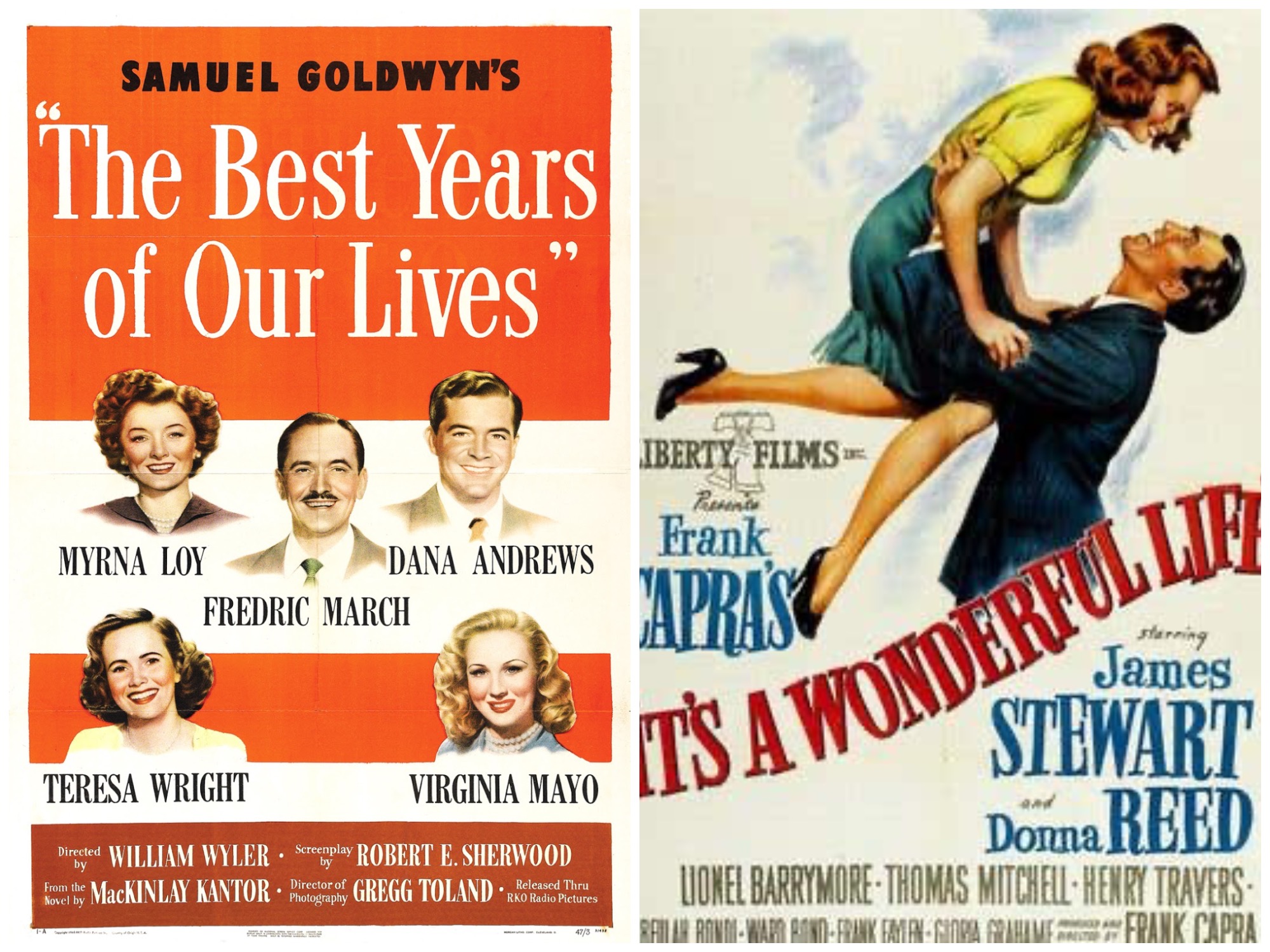
- Disability Pride Month
1947: In a Year of Growth, “Lives” and “Life” Are Feted

By 1947, the fledgling Hollywood Foreign Correspondents Association (HFCA), founded a few years earlier by a little more than a dozen international journalists, had slowly expanded.
There had been relatively informal celebrations of achievements in film, mostly small gatherings with the attendance of the prize winners. But the organization was also growing. Bylaws were formulated and voted on. Monthly luncheons and forums were agreed upon. Interviews and press conferences were organized and conducted.
Aura de Silva, one of the group’s charter members, wrote a brief history of those early days: “As the membership grew, the meetings had to be held in larger quarters.”
Against this backdrop of expansion, the Hollywood Roosevelt Hotel was chosen for the 4th Golden Globes ceremony, on February 26, 1947. It was a historically significant selection since this was also the venue that hosted the first Academy Awards.
The film The Best Years of Our Lives was chosen as Best Picture, a powerful statement of the times coming barely two years after the end of World War II. Directed by William Wyler, the movie tells the story of three men, all marred by the trauma of battle, returning from the front and attempting to readjust to civilian life.
The painful transition back to the alienated places they once called home got an added dose of reality by way of the fact that Harold Russell, who portrayed Petty Officer Homer Parrish, was a real-life veteran who had in fact lost both his hands. For his performance, Russell was honored with a Special Achievement Award.
And then there was another, quite different favorite of the hour, a film that would become a yearly Christmas gift to millions of diehard fans around the world: It’s a Wonderful Life, for which helmer Frank Capra scored gold as Best Director.
Later, in December of 1947, the first special event of the association was held — a gathering which can be seen in some ways as an antecedent to the organization’s present-day philanthropic giving. In de Silva’s words: “It was a sumptuous luncheon at which a meritorious plaque was awarded to Harry M. Warner, President of Warner Bros., in recognition of his generous and humanitarian work as principal sponsor of the ‘Friendship Train,’ which left Hollywood with food, clothing, and medical supplies for the needy of (post-war) Europe.”

